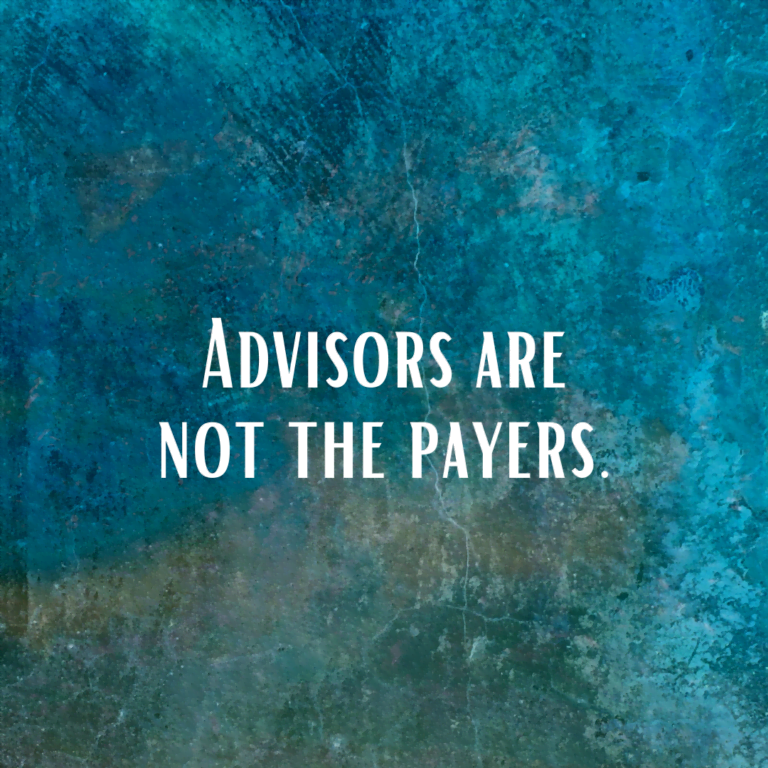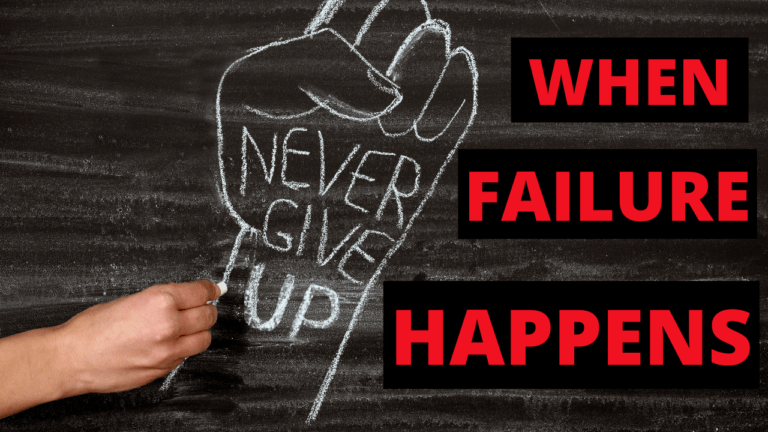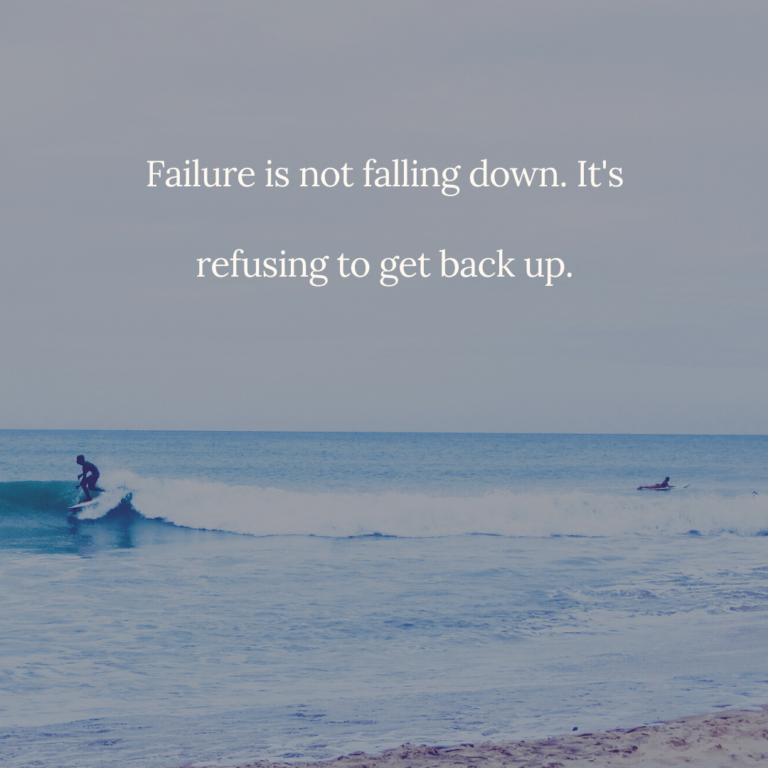Advisors are not the payers.
When someone we care about it going through a tough time, it is natural to want to help them get through it and give advice. But you have to remember that it is easy to give someone advice about what to do when you don’t have to do what you have advised. The “payer” is the person who takes action. They live with the consequence of each action they take.
With that in mind, how can you be a good advisor?
1.) Actively listen. As your friend is telling you what is going on, don’t be thinking about your response or what you would do to fix the situation. Focus on them and how they are feeling. Try to understand how they are feeling and what may be a stake for them. Sometimes just having someone listen to you helps you sort out what to do on your own.
2.) Ask them if they want your advice. Sometimes people just want to rant and feel seen and heard. You can always ask, “I think I might have some ideas on how you can improve the situation. Would you like to hear them?”
3.) Don’t be judgmental of how they are feeling or what they are going through. It takes vulnerability for someone to open up and share their feelings. If you make statements like, “Oh, you should have done X”, even with the best intentions, you can sound judgmental. Plus, the situation has already happened. Avoid asking questions that begin with “why”. If your friend feels like she is worthless, your natural reaction could be “Why do you feel that way?” because of your own disbelief. To someone else, it could sound judgmental, like she shouldn’t feel that way. A better question to ask is “What is happening that is making you feel worthless right now?”. Now you can get a better understanding of what has triggered these feelings.
4.) Be collaborative and allow the person to lead where the problem solving goes. Remember, they are the ones who have to take action and live with the consequences of what they choose to do. You can say something like, “I don’t really have all the answers, but maybe we can figure out what the right thing for you to do is together.” Allow them to come up with different ideas and give feedback. After you have game planned different actions or solutions, check in with them by asking them how they are feeling about it.













